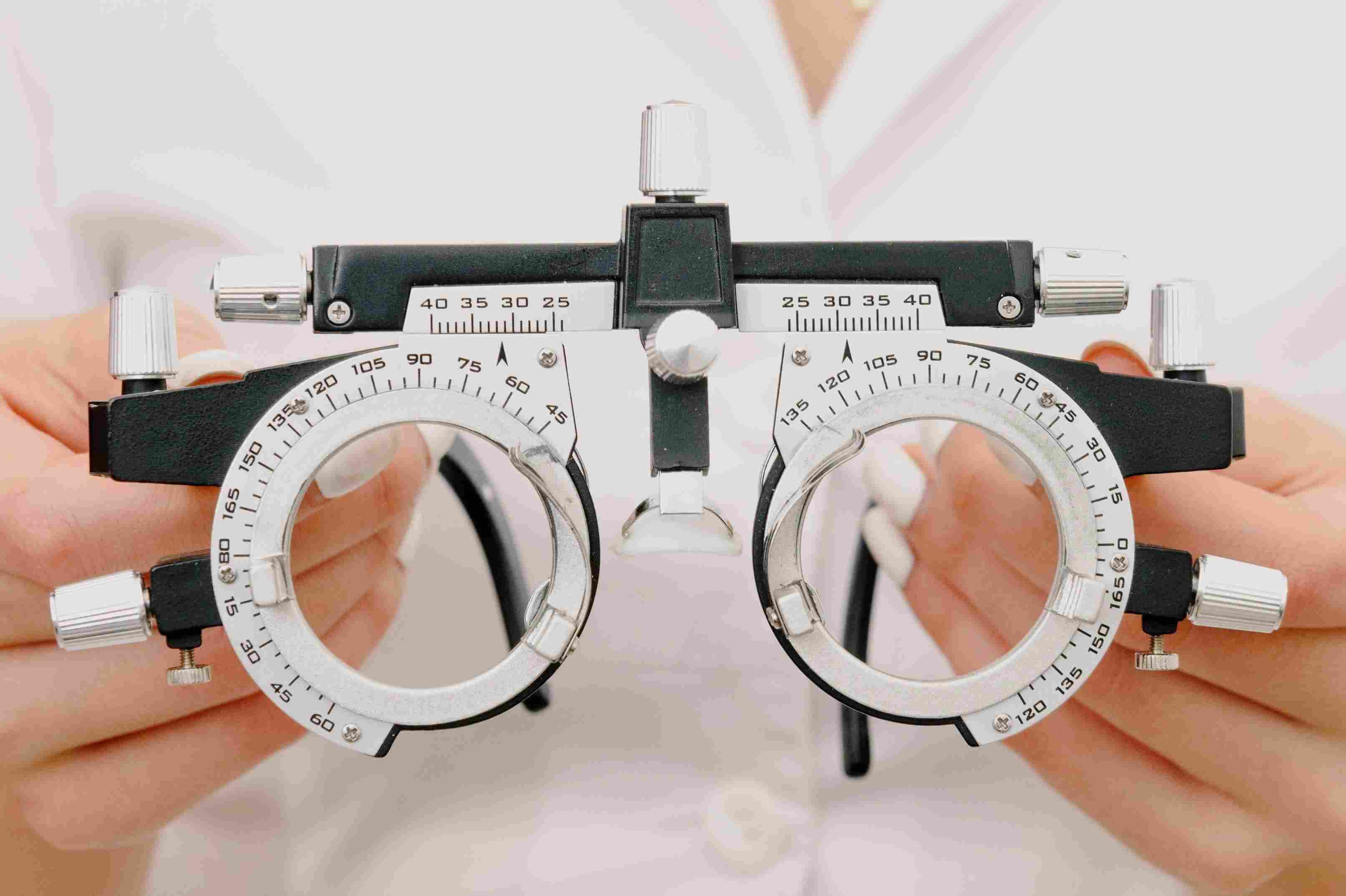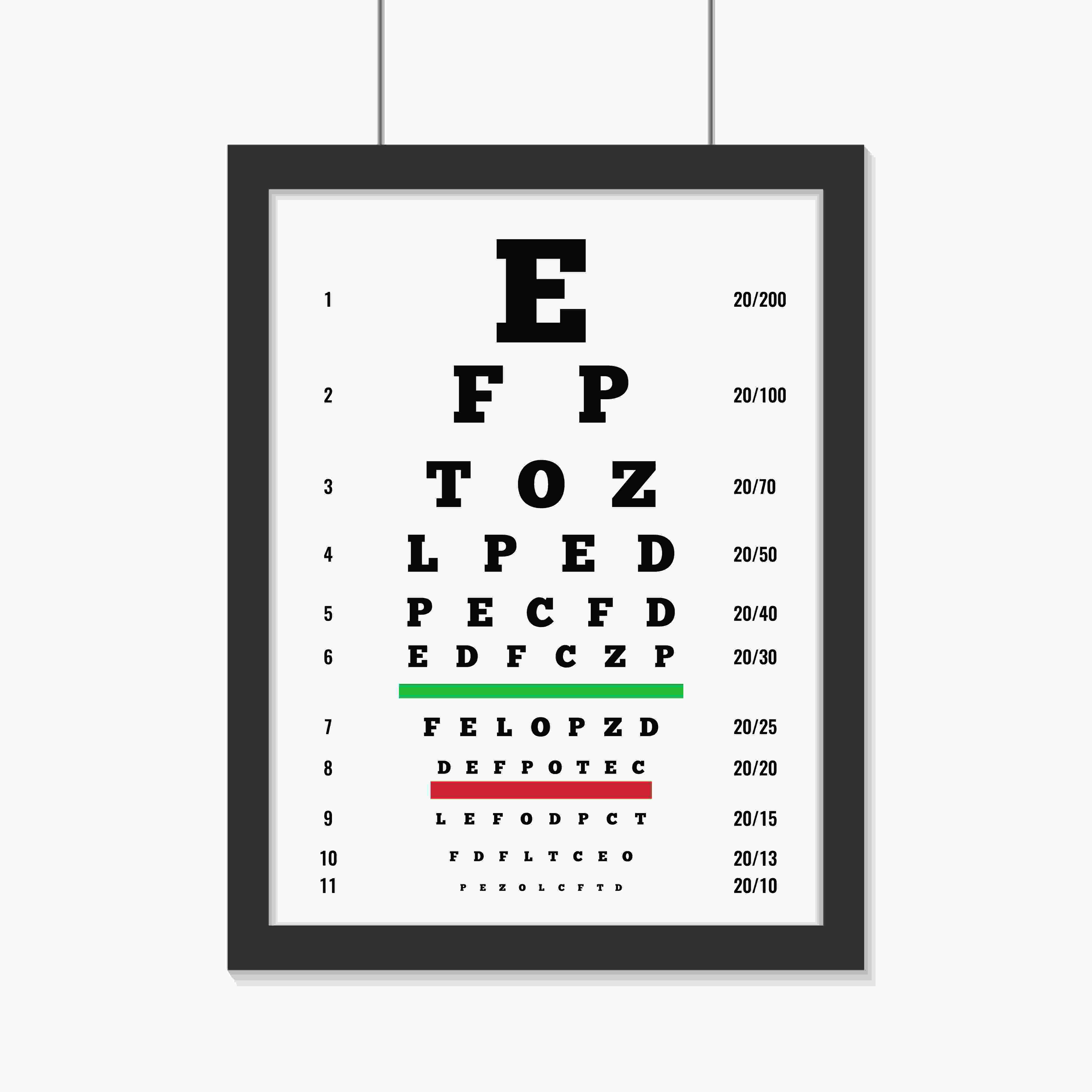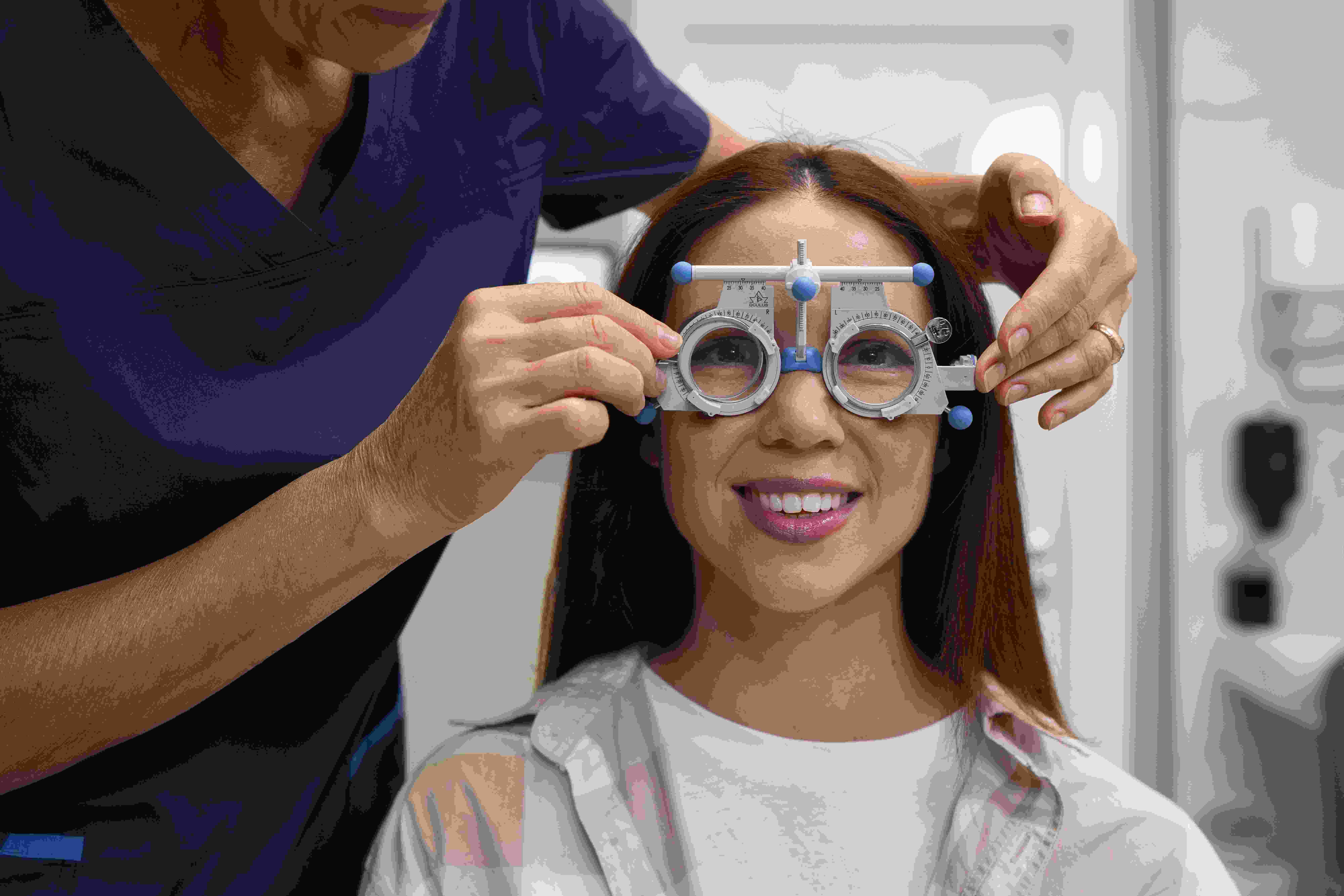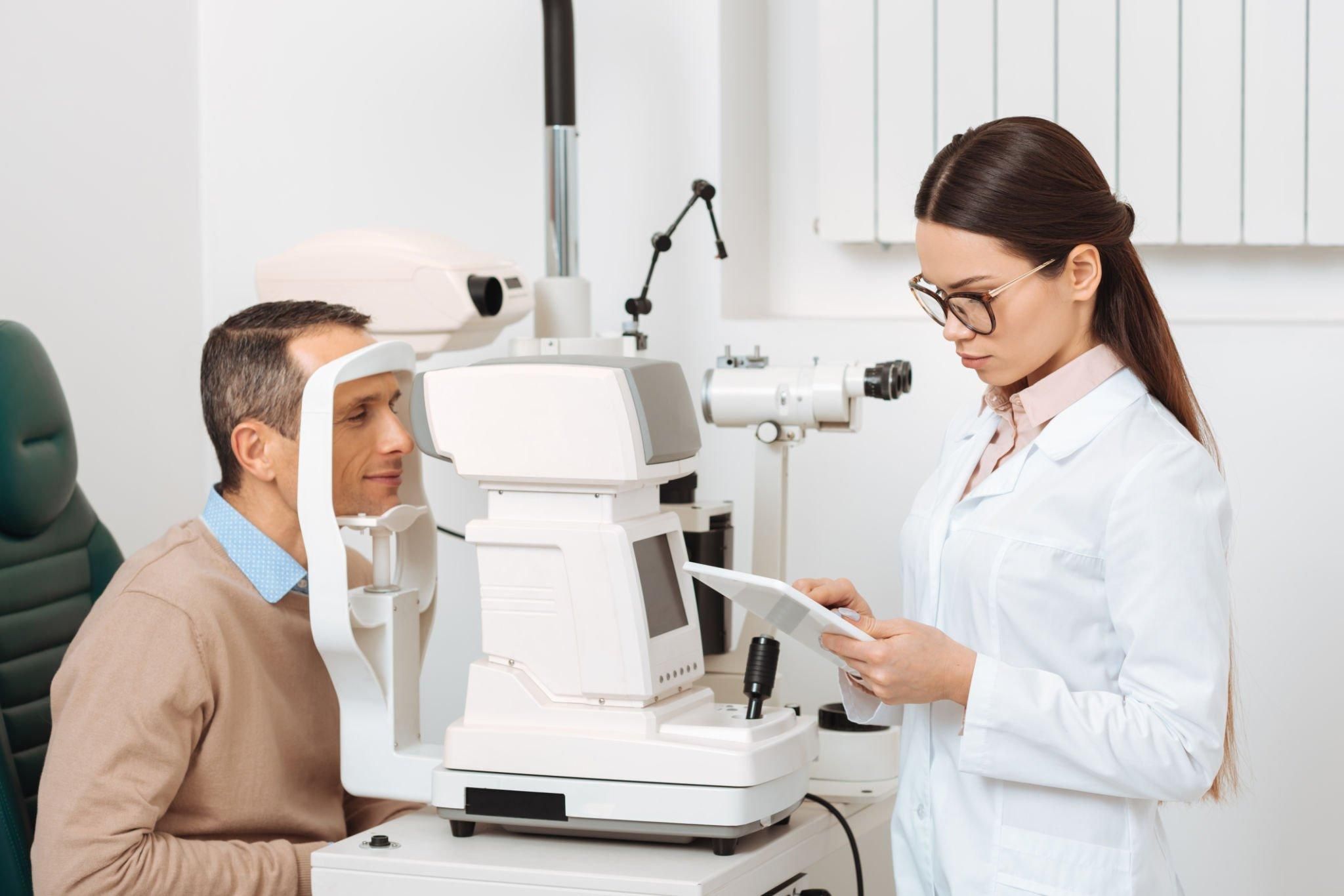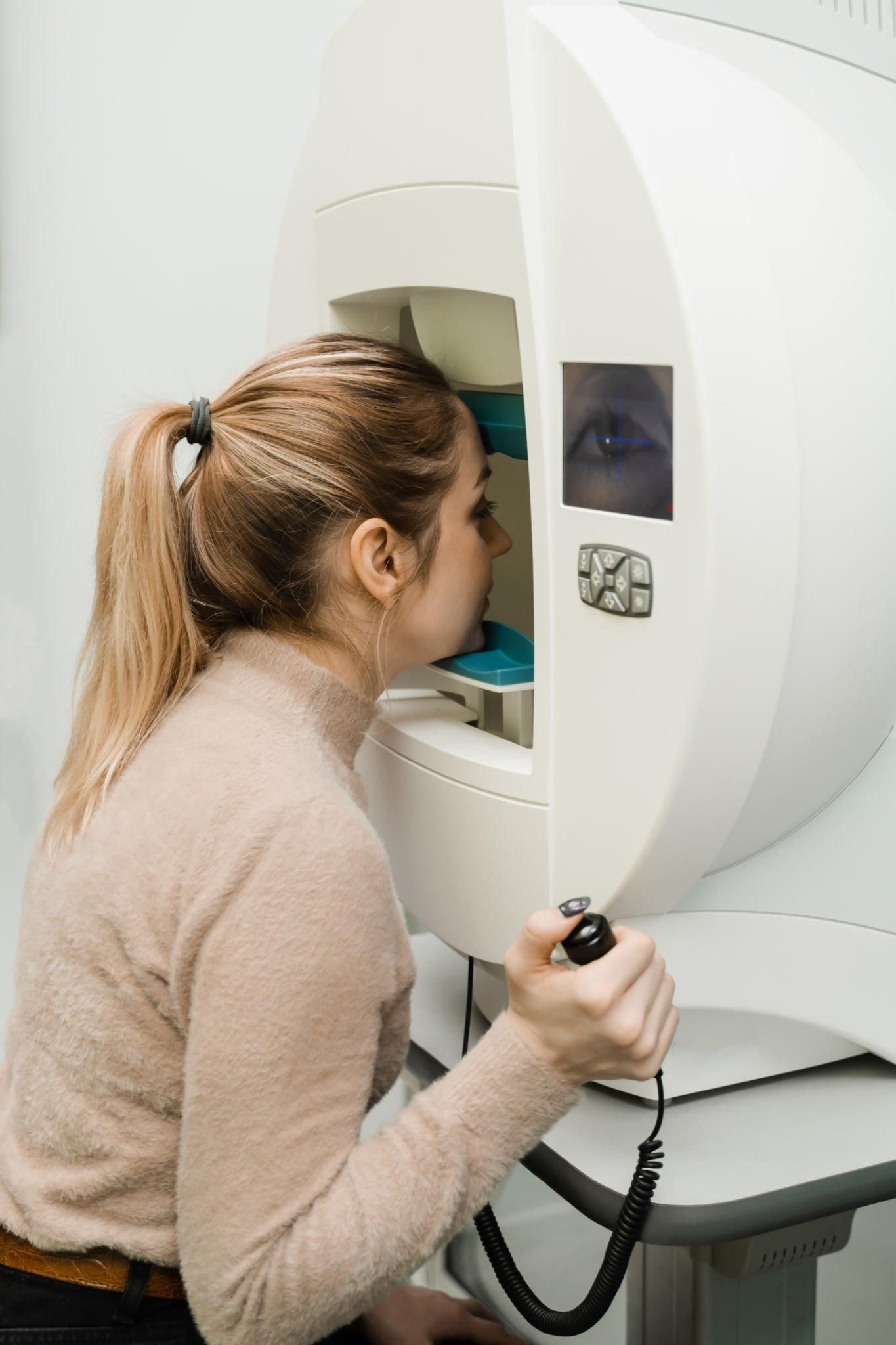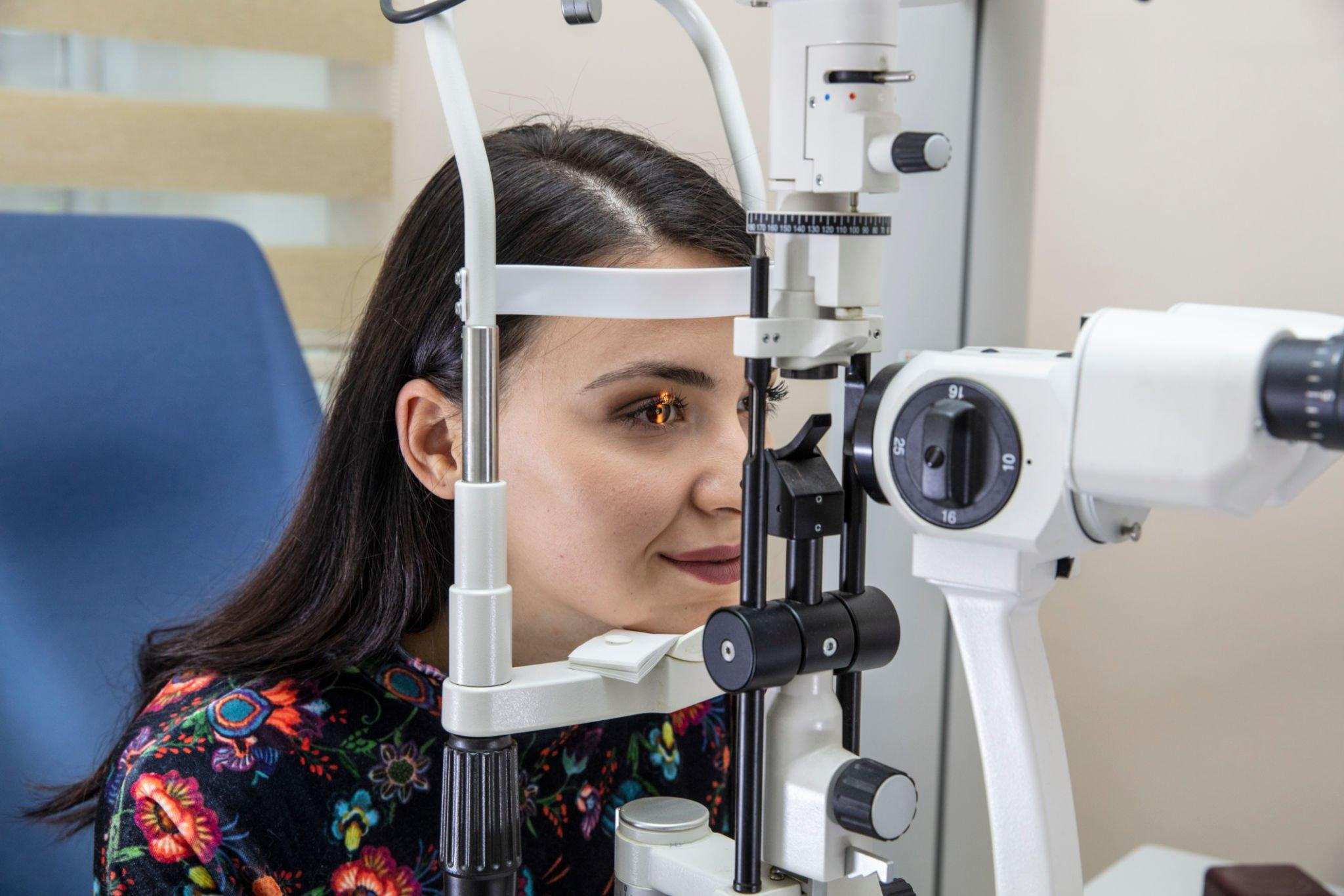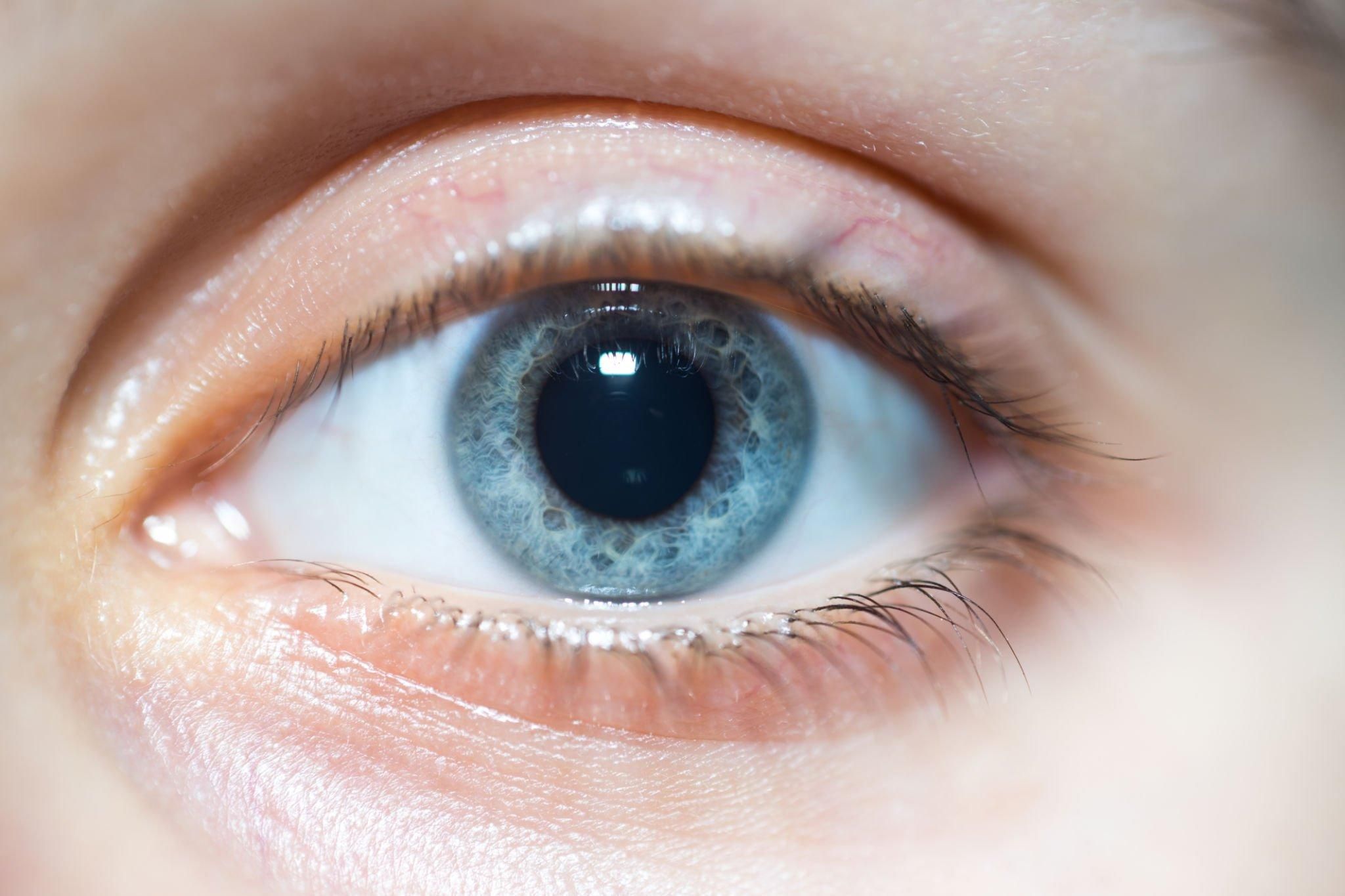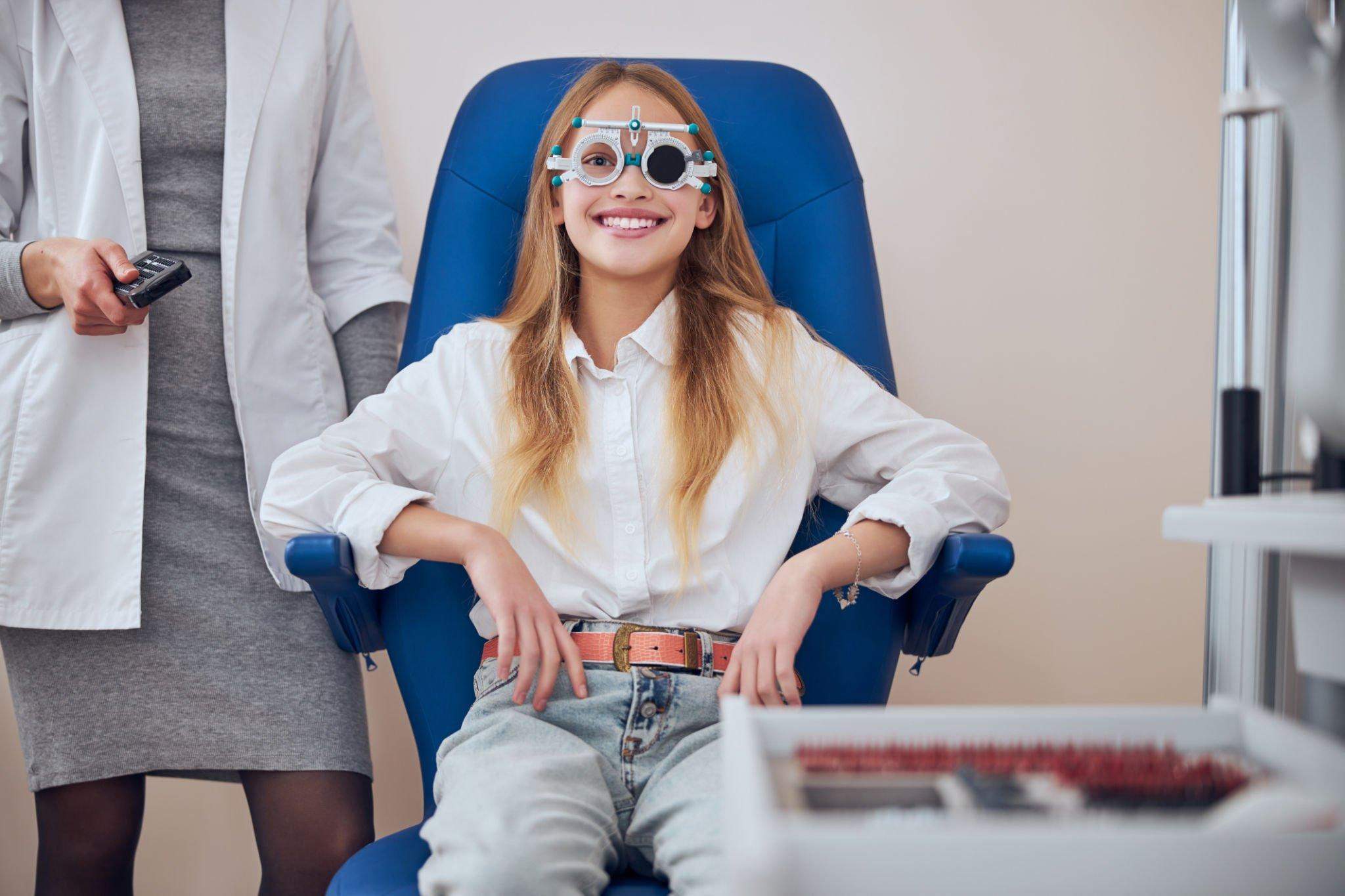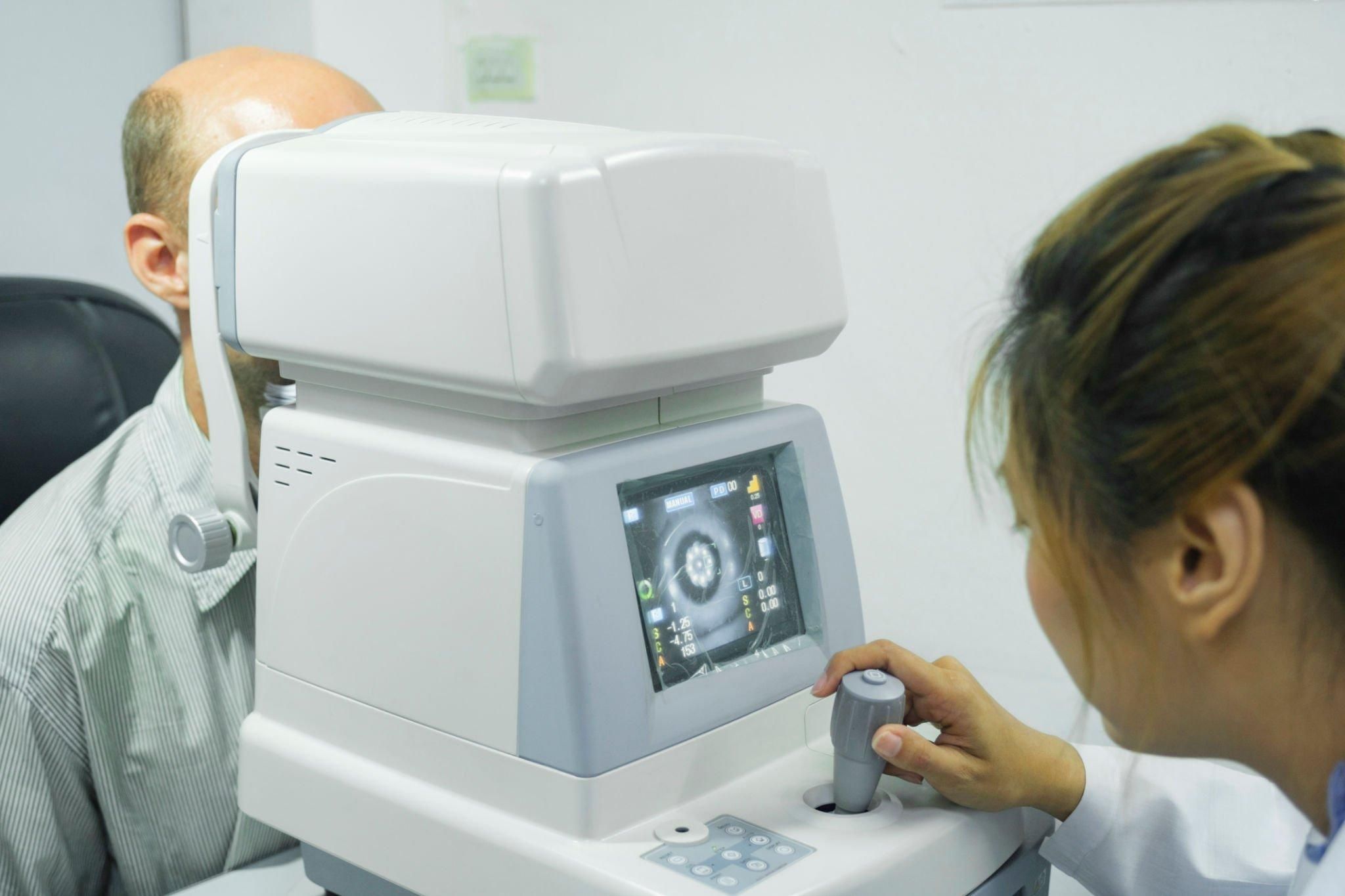Dry Eye Syndrome
Eye Condition treatments
Dry Eye Syndrome is a condition causing insufficient or poor-quality tears, leading to eye dryness and discomfort.
Explore

About Dry Eye Syndrome

Nurturing Comfort: Understanding and Managing Dry Eye Syndrome in Eye Care
Dry Eye Syndrome is a common condition that occurs when the eyes do not produce enough tears or when the tears evaporate too quickly. This can result in discomfort, irritation, and blurred vision. As part of comprehensive eye care, understanding and managing Dry Eye Syndrome are essential for improving ocular comfort and preserving visual health.
Understanding Dry Eye Syndrome:
Dry Eye Syndrome can be caused by various factors, including:
- Decreased Tear Production: Aging, hormonal changes, certain medications, and medical conditions can lead to reduced tear production.
- Increased Tear Evaporation: Environmental factors, such as dry or windy conditions, and activities that reduce blinking (e.g., prolonged screen time) can contribute to increased tear evaporation.
- Imbalance in Tear Composition: An imbalance in the composition of tears, with inadequate oil, water, or mucin, can affect tear stability and lead to dry eyes.
Symptoms of Dry Eye Syndrome may include dryness, burning, itching, redness, sensitivity to light, and a sensation of a foreign body in the eye.
Diagnosis and Assessment:
Diagnosing Dry Eye Syndrome involves a comprehensive eye examination, including:
- Symptom Assessment: Gathering information about the patient's symptoms, their duration, and factors that may exacerbate or alleviate them.
- Tear Film Evaluation: Assessing the quantity and quality of tears, which may involve tests such as Tear Breakup Time (TBUT) and Schirmer's Test.
- Ocular Surface Examination: Examining the eyes for signs of dryness, inflammation, or damage to the cornea and conjunctiva.
- Meibomian Gland Assessment: Evaluating the function and structure of the meibomian glands, which contribute to the lipid layer of the tear film.
The Role of Dry Eye Management in Comprehensive Eye Care:
Managing Dry Eye Syndrome is integral to comprehensive eye care for several reasons:
- Symptom Relief: Treatment aims to alleviate symptoms and improve overall ocular comfort through the use of artificial tears, lubricating eye drops, or ointments.
- Addressing Underlying Causes: Identifying and addressing the underlying causes of dry eyes, such as meibomian gland dysfunction or inflammatory conditions, is crucial for long-term management.
- Preserving Ocular Surface Health: Preventing complications such as corneal damage and infections by maintaining a healthy ocular surface.
- Education and Lifestyle Recommendations: Providing education on factors that contribute to dry eyes and recommending lifestyle changes to promote eye health.
Our commitment to comprehensive eye care includes the diagnosis and management of Dry Eye Syndrome. By tailoring treatment plans to the specific needs of each patient, we aim to enhance ocular comfort and improve the overall well-being of individuals experiencing dry eyes.

Other Services
Patient succes stories
Emma Davis
I recently underwent cataract surgery performed by Dr. Arup Chakrabarti, the Cataract surgeon at Dr. Ramesh Kumar Kurup & Sarada Memorial Hospital. Dr. Arup Chakrabarti's expertise and skill were evident throughout the entire process. The hospital's facilities were modern and well-maintained, creating a comfortable environment. Dr. Arup Chakrabarti's clear communication and personalized care made the entire experience smooth and reassuring. I am grateful for the excellent service provided by Dr. Chakrabarti and the dedicated staff at Sarada Memorial Hospital. I highly recommend their services for anyone considering cataract surgery.
Cataract surgeon
Dr. Arup Chakrabarti

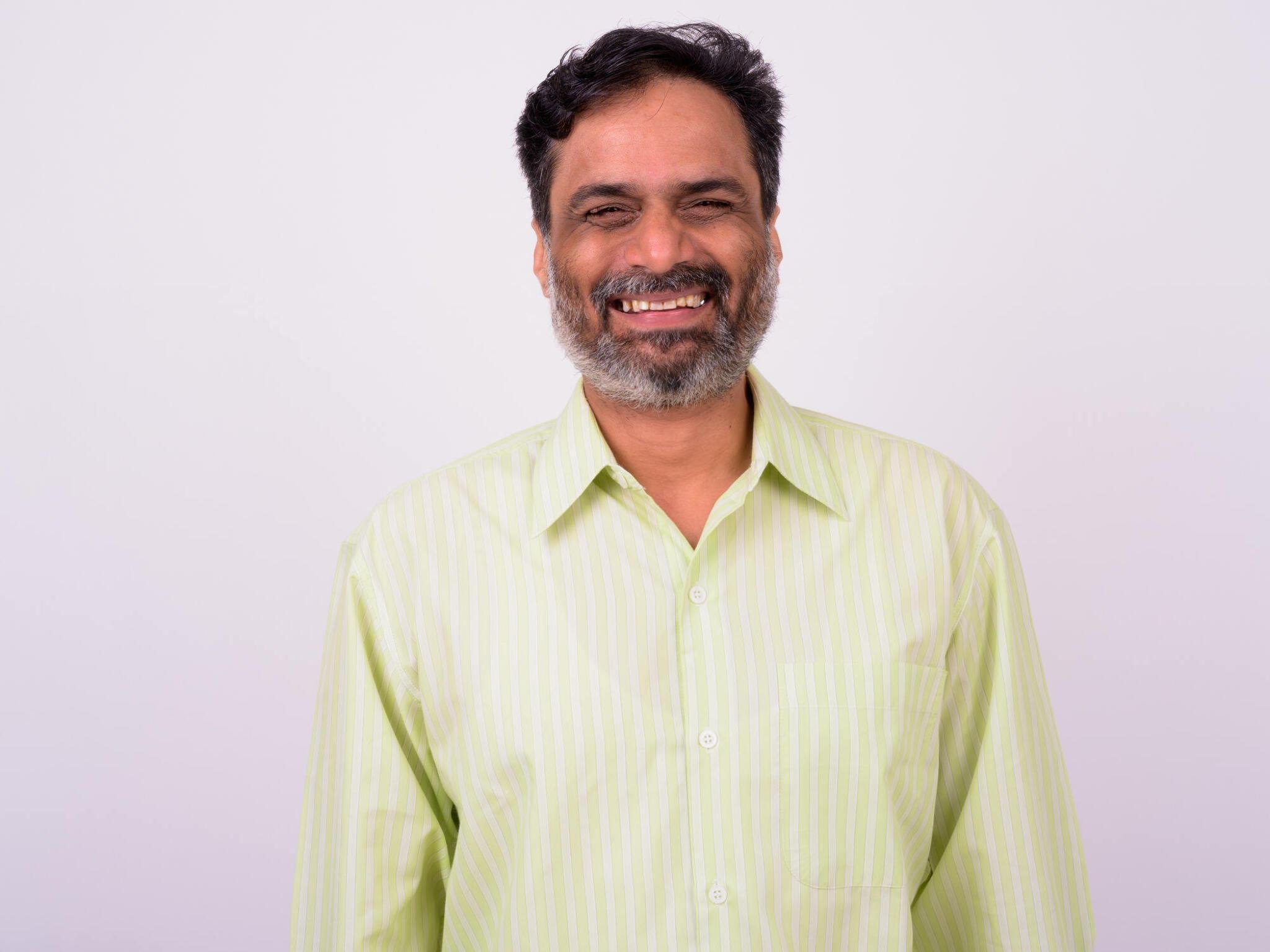
Mohan Pillai
I recently had the pleasure of being under the care of Dr. Meena Chakrabarti, a senior consultant at dr. Ramesh Kumar Kurup and Sarada Memorial Hospital. Dr. Meena Chakrabarti's professionalism and extensive knowledge in eye care were truly commendable. From the initial consultation to the follow-up appointments, her dedication to patient well-being was evident. The hospital's facilities were modern, and the support staff was efficient and courteous. Dr. Meena Chakrabarti's personalized approach and thorough explanations instilled confidence in the treatment process. I highly recommend Dr. Chakrabarti and Dr.Ramesh Kumar Kurup Sarada Memorial Hospital for their exceptional eye care services.
Senior Consultant
Dr. Meena Chakrabarti
